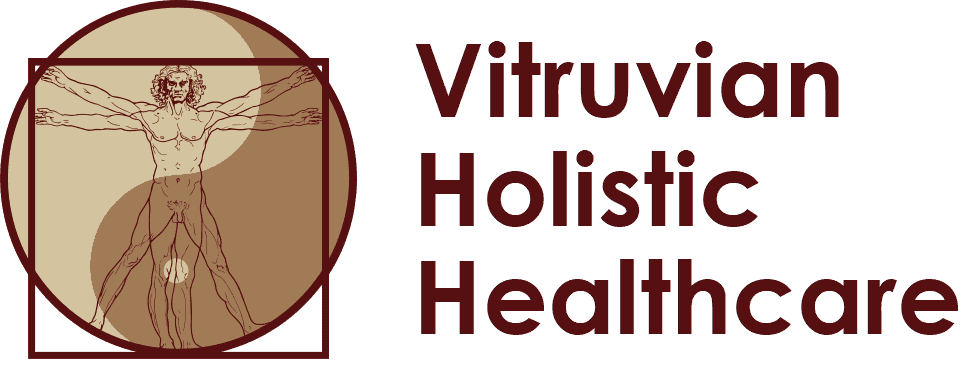
What is the difference between Holistic Healthcare and Integrative Medicine? I am asked this question quite often. In part, because I have advertised both at various times. Also in part because I’m an acupuncturist and people feel comfortable asking me anything medical that seems to be left of center.
Holistic healthcare is not the medical intervention – it is the decision making process that leads to a medical intervention. Your symptom is only relevant when looking at the totality of your mind, body, and spirit. The (w)hole person. For those of us working in the Eastern medical model, we see every aspect of your being as connected to every other aspect in some capacity. Therefore, when you come in for that lingering wrist pain and we ask you about your emotional state over losing your spouse last year, it is because we are looking at the associations of grief and sadness and how they may manifest in your body (in this case, the lung and heart meridians – which deal with grief and sadness – run through the wrist). Yes, this is a true anecdote and yes, the wrist pain went away after dealing with the emotional underpinnings.
If you are seeking Holistic Healthcare and you’re not discussing your diet, what you do for stress relief, how you sleep, digestion, and a host of other non-specific factors, you are not being treated from a truly Holistic model. There are more and less important factors, and after your provider knows the general answers they may stop asking certain questions each time they see you. But if you’re being treated for anything and at some point you haven’t been asked about everything, you’re not receiving Holistic Healthcare.
Integrative medicine is more of the execution of rather than a philosophy of care. This is the actual medical intervention as it pertains to what is best for your issue. It takes all of the options for treatment, whether allopathic or non-allopathic, and makes a recommendation based on the best possible outcome. For me, that means everything from the way you eat and move all the way up to surgical intervention are on the proverbial table. And you can think of those options like a pyramid of commonly used interventions. The most mundane and least invasive options (like qigong and quitting fast food) in the massive base, while pills and surgery are reserved for the tip-top smallest percentage of patients.
If someone is hit by a bus on their way to work, an integrative medical practitioner would send them to the emergency room regardless of their chosen modality. Similarly, a patient presenting to an allopathic physician with pre-diabetes would first be sent to a nutritionist if they are operating from an integrative medical model. The pure integrative model is, unfortunately, not very well executed in this country. We have a healthcare system set up as a massively for-profit industry that has then driven those with entrepreneurial spirit to work for themselves in small practices. When we lose the ability to appropriately and effectively triage, we lose some of the additive magic of the Integrative model. There are those of us continuing to bear the torch in allopathic and non-allopathic professions, who actively refer out to other modalities. I encourage you to find them.
So what is Integrative Holistic Medicine? This is quite literally the combining of the two definitions from above. It is found in practice among those in the allopathic medical community who see the value in preventative care and conservative treatments centered around lifestyle modification. It is also found within the Complimentary and Alternative Medicine fields among those with a more scientific approach. “Collaborative Care” is often seen as a synonym, of sorts, for the Integrative Holistic Model. I have spent a good deal of time cultivating relationships with care providers who practice outside of my scope, but have an approach similar to mine for both holistic health and integrative medicine.
What should you do when you see someone advertised as “Holistic” or “Integrative”? Well chances are they have your best interest as their number one priority and a very open mind. You’re in good hands. It is very hard (impossible?) to find a practitioner who labels their practice as one of these, but is completely devoid of the other. With all of the buzz words floating around in the healthcare universe, hopefully this gives you a little more info to help in your quest to attain your own perfect state of health!
